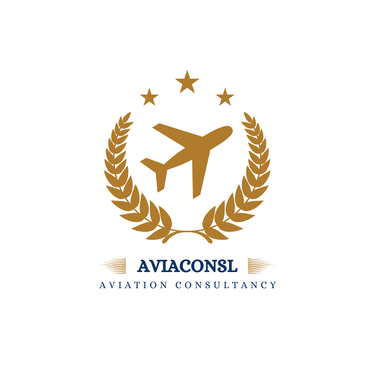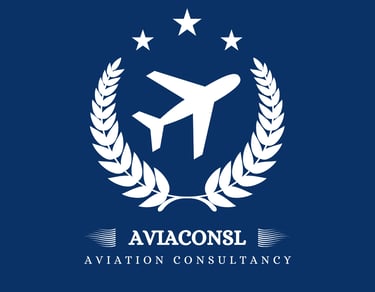Legal Liability of Airlines for Loss or Damage of High-Value Cargo
Challenges in Applying the Warsaw and Montreal Conventions
The transportation of cargo via airlines is a crucial component of global trade, but with the increasing demand for air freight services for high-value shipments such as luxury electronics, jewelry, and pharmaceutical products, legal disputes over the loss or damage of such shipments have become more frequent. Determining the legal liability of airlines for cargo-related damages presents one of the most complex challenges in this sector, particularly due to the interplay between local and international laws governing such transactions.
The legal framework governing airline liability for lost or damaged cargo is primarily based on the Warsaw Convention of 1929, which first established the legal principles regarding air carriers’ responsibilities toward passengers and cargo. This was later replaced by the Montreal Convention of 1999, which introduced a more modernized system for determining airline liability. Under this convention, an airline’s liability for cargo loss or damage is limited to a fixed amount per kilogram of shipped goods, aiming to protect air carriers from unlimited claims that could result in significant financial losses.
Despite the clarity of these international agreements in setting liability limits for air carriers, legal disputes often arise due to differing interpretations of these provisions. Some courts have ruled that liability limits should not apply if gross negligence or willful misconduct by the carrier is proven. This has led claimants to argue that the loss of cargo was due to severe operational negligence rather than an ordinary mistake, enabling them to seek damages beyond the capped limits stipulated in the conventions.
A notable case involved a jewelry company that sued an international airline after losing a shipment worth millions of dollars during transport from Europe to the Middle East. The airline claimed its liability was limited to the compensation cap established by the Montreal Convention. However, the court found evidence of gross negligence, ruling that the carrier failed to implement proper security measures for such a valuable shipment. As a result, the court awarded full compensation beyond the convention’s liability limits.
Another significant legal challenge for airlines relates to contractual terms between cargo carriers and customers. Air waybills often contain clauses that require the shipper to submit written claims within a specific timeframe in case of loss or damage. Additionally, some contracts stipulate that customers must purchase additional insurance for high-value shipments. However, some courts have ruled that such contractual conditions may be unfair, particularly if the airline failed to provide adequate security measures for the shipment.
One of the most pressing issues today concerns pharmaceutical and biological shipments, where any delay or temperature deviation could render the cargo unusable. In a case handled by European courts, a lawsuit was filed against an airline after a vaccine shipment was ruined due to a power failure at the carrier’s storage facility. The airline argued that the damage was beyond its control, but the court ruled that failure to implement proper storage protocolsconstituted negligence, leading to a favorable judgment for the affected company.
With technological advancements, smart tracking systems have become a key tool for addressing such legal issues. Many airlines now offer real-time monitoring of cargo shipments and require digital signatures upon receipt, reducing disputes related to lost or damaged goods. However, these systems introduce new legal concerns, particularly in cases where cyberattacks compromise logistics data. If hackers manipulate cargo tracking records, legal questions arise over who bears liability for misrouted or lost shipments, further complicating the legal landscape for air cargo carriers.
To address these issues, a balanced legal approach is required. Airlines must increase transparency in their contractual terms, clearly outlining their liability limits and security responsibilities. Customers, in turn, must carefully review contracts and consider purchasing additional insurance for high-value shipments. Regulatory authorities and airlines must also collaborate to develop stronger policies that protect shippers’ rights while preventing airlines from facing excessive liabilities that could threaten their financial stability.
Given the increasing legal disputes over cargo losses, the aviation industry must continue evolving its legal and technological frameworks to mitigate risks. The Montreal Convention, while providing a structured legal foundation, still faces challenges in application, particularly in cases involving gross negligence or emerging risks such as cyber threats. A well-defined balance between carrier responsibility, customer due diligence, and regulatory oversight is necessary to ensure fair and effective resolution of cargo disputes in international aviation.




